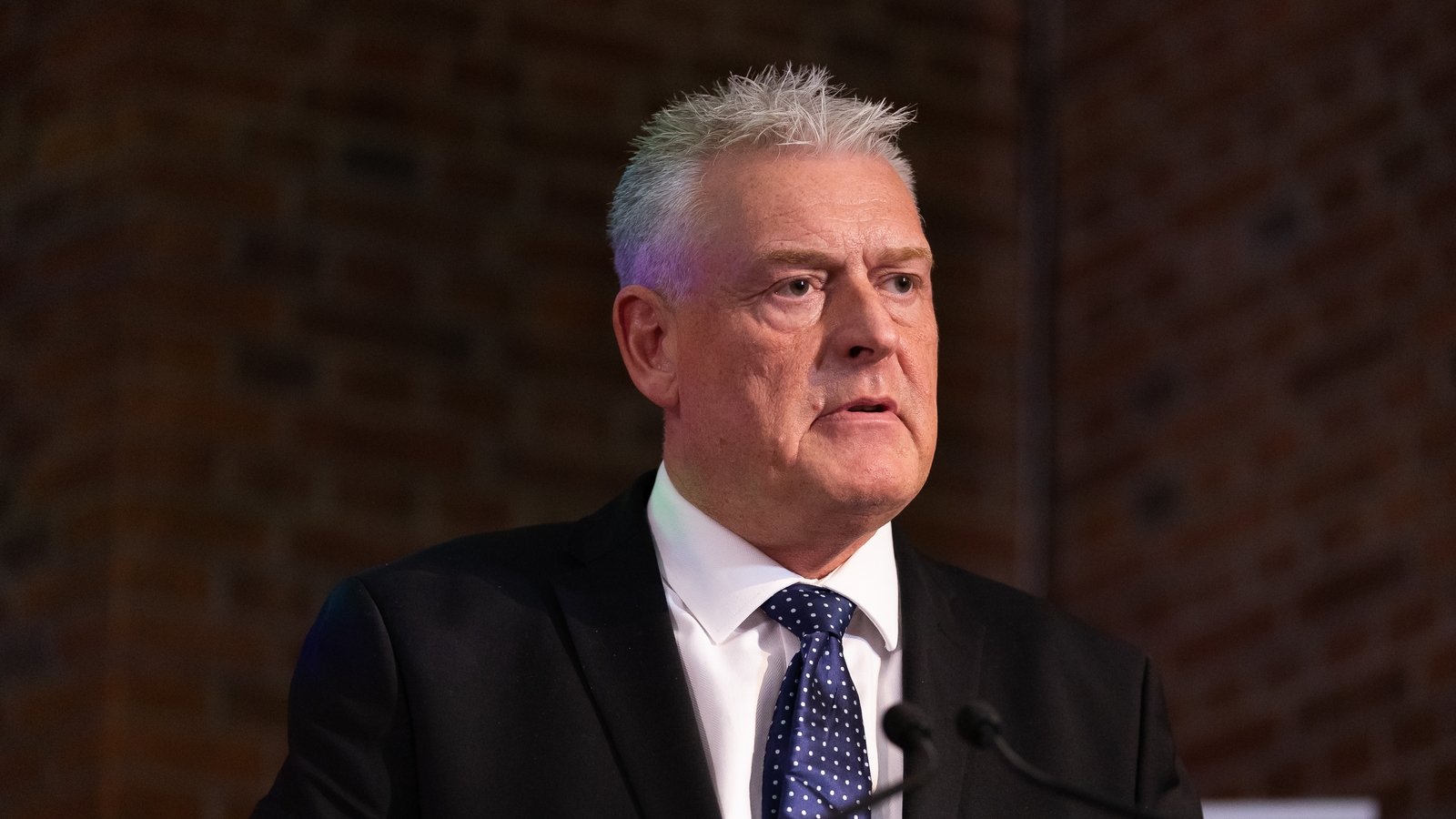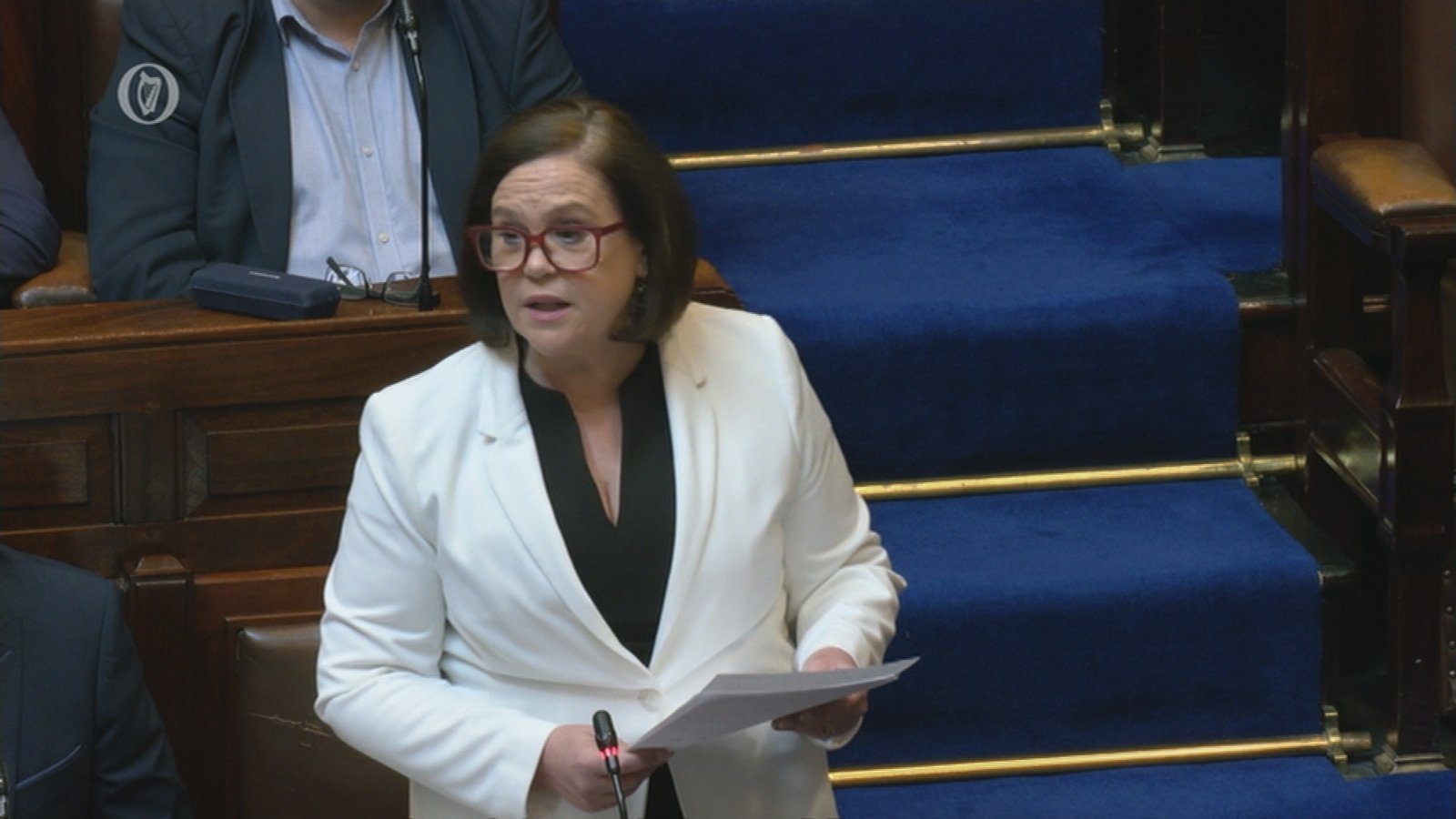NI ‘governance gap’ had serious impact on day-to-day life
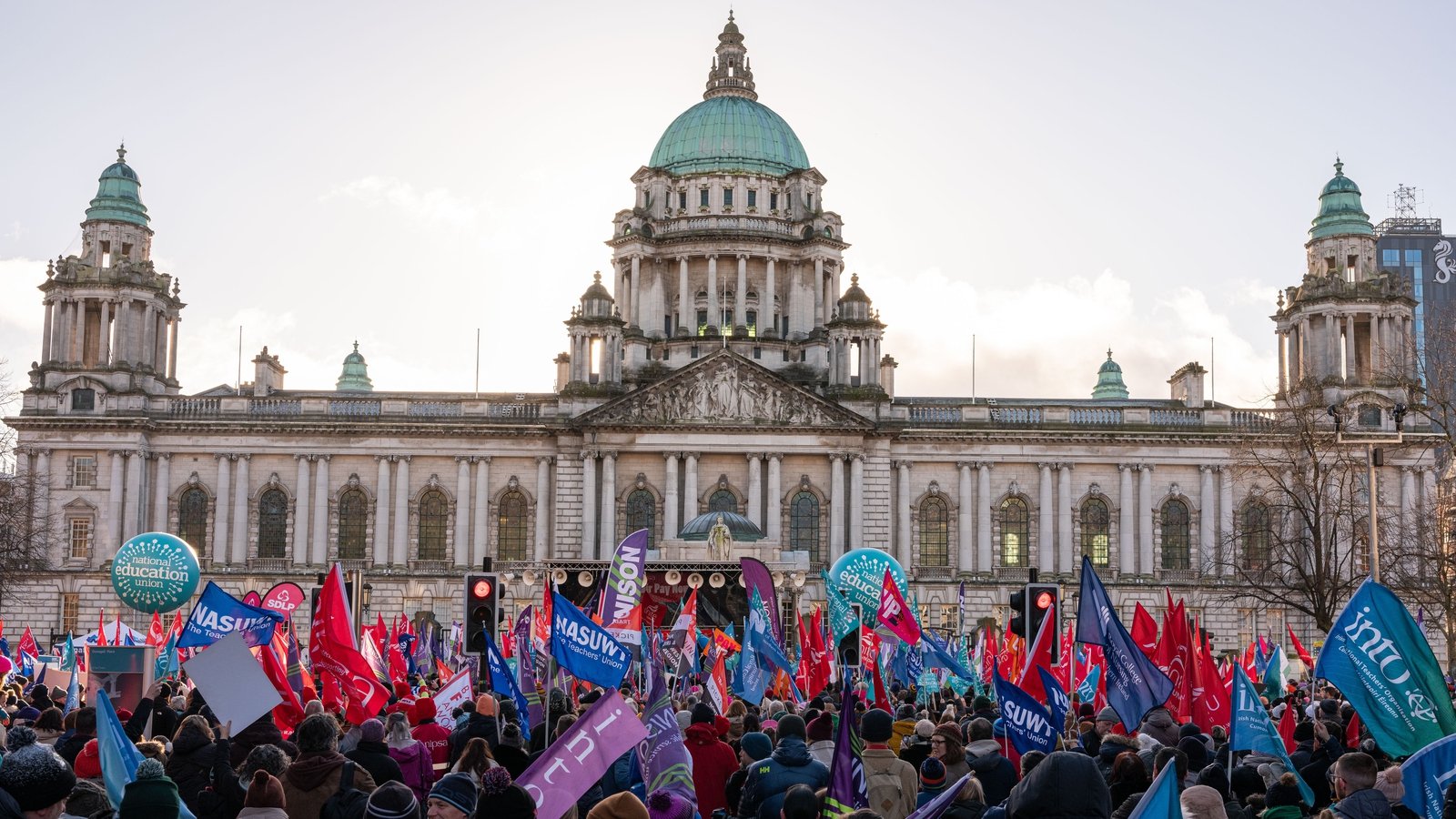
Whatever you think of a government, without all aspects of it functioning together, it’s pretty difficult to keep the engine of a state running.
The collapse of the Northern Ireland Executive in February 2022 has led to what has been described as a “governance gap” which has had serious implications for day-to-day life in Northern Ireland.
Without ministers to make decisions, the civil service has been left to trudge along in a space without fresh policies and direction.
At a time when people are facing a cost-of-living crisis, services have been hampered, pay rises and legislation have been held up.
Last month, Northern Ireland saw its biggest-ever strike action in 50 years when tens of thousands of public servants left their work in the latest in a series of strike days demanding pay increases.
The co-ordinated action by 16 trade unions meant schools closed, bus and train services came to a halt and there was disruption across the health sector and other public services.
At the largest rally outside City Hall in Belfast, Mark McTaggart of the Irish National Teachers’ Organisation (INTO) said that teachers in Northern Ireland were the “worst paid” in the UK and Ireland.
Gerry Murphy of the Irish Congress of Trade Unions warned that public services could collapse unless there was a halt to people leaving for better-paid jobs elsewhere.
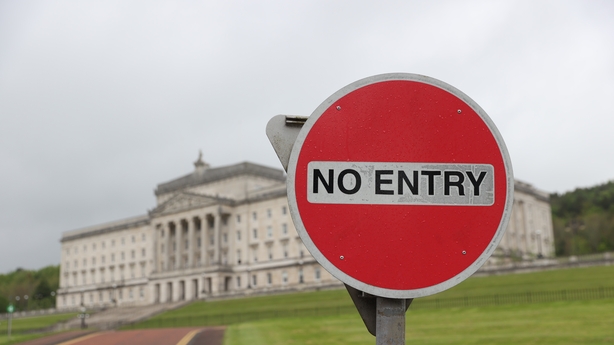
Without an executive for the past two years, the reality is that Northern Ireland has been on the back foot in almost every aspect of everyday life and it couldn’t have come at a worse time.
The cost-of-living crisis and rising inflation hit particularly hard because there were no political decision-makers in situ to take any mitigating action.
Public service pay increases which would have helped workers and their families, as well as putting more money into the local economy, haven’t happened, leading to anger and frustration.
Ahead of the 18 January strike action, Royal College of Midwives Director for Northern Ireland Karen Murray said the patience of midwives had run out.
“Our members have been more than patient, seeing their counterparts in Scotland, Wales and England getting pay uplifts while their own stands still,” she said.
The “governance gap” of the past two years has deadlocked decision-making according to Pivotal, the independent public policy think tank for Northern Ireland, who a few months ago published a briefing document entitled: ‘Governing without Government: The Consequences’.
“The biggest effects”, it states “are suffered by the most disadvantaged individuals and communities”.
It said: “Moreover, there continues to be a lack of action to deal with Northern Ireland’s longer-term policy challenges, many of which have been neglected for years.”
The health service in particular has suffered in the absence of an executive.
Professor of Social Policy at Ulster University Deirdre Heenan said the health and social care service is in crisis.
She said: “We have had seven major reviews in the last ten years all pointing in the same direction of travel but not implemented.”
“Politicians, when they were at their desks, lacked the political courage to take unpopular decisions. Health under devolution has been an unmitigated disaster with no targets met since 1996.”
Prof Heenan said: “Eight-year waits for some specialisms is now commonplace and people are languishing in pain and dying prematurely.”
Medical professionals who spoke to the British Medical Journal this week following the news that Stormont was to return, concurred with Professor Heenan’s view.
“Two medics who spoke to The BMJ said that the political stalemate will have led to avoidable deaths during the past two years,” Prof Heenan said.
The journal states that “Northern Ireland’s health crisis has worsened considerably over the past two years”; waiting lists are at an all-time high and many GP surgeries are “teetering on the brink”.
The reality of that for patients is very difficult to say the least.
When I asked people on the streets of Enniskillen, Co Fermanagh this week about the challenges they have been facing over the past two years, the health service was high on the list, with people concerned about lengthy waiting lists and the pressure on staff working within the system.
Childcare, education and basic infrastructure were other issues people raised.
One young mother, who did not want to be identified, was hopeful that with the return of Stormont, Northern Ireland would catch up with the rest of the UK in terms of new childcare benefits and working time arrangements that would help parents.
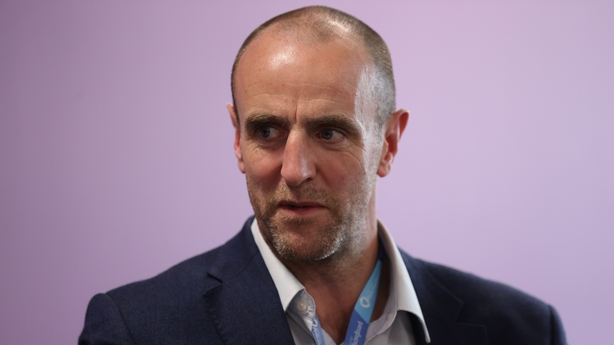
Without anyone taking the decisions that were needed, Pivotal had warned that Northern Ireland was facing an escalating crisis.
“Public services have been pared back to reduce spending, increasing the social and economic challenges for local people,” it said.
One of those challenges is the state of the roads.
Filling potholes has been in the spotlight and the number of complaints about them more than doubled in 2023 from the previous year.
The Department for Infrastructure was contacted about potholes more than 25,000 times last year, higher than any other year since it launched an online reporting service in 2015.
The SDLP’s Infrastructure spokesperson Mark H Durkan said that Northern Ireland’s roads are in a “shocking state” and that the department has “nowhere near enough money, their routine maintenance budget hasn’t increased in years”.
Unite the Union said that low pay has led to a staffing crisis in the department.
One of the key things the restoration of an executive at Stormont will do is unlock the door to a financial package worth £3.3 billion from Westminster for Northern Ireland.
Almost £600m of this will go towards settling public sector pay claims and £34m is included to tackle hospital waiting lists.
It can not come soon enough for those who have been out on the streets protesting for better pay and those waiting to have their medical needs attended to.
Also in the package is a sum of £1.125 billion, described as “stabilising funding” for public services.
Last April, head of the Civil Service in Northern Ireland Jayne Brady said stabilising public services was their top priority when she gave evidence at Westminster to a Northern Ireland Affairs Committee inquiry into the funding and delivery of public services.
Ms Brady highlighted the “remarkable” progress made since the Good Friday Agreement, but she said much work remains to be done and funding needs to be found for a “longer-term transformation of services and delivery to move our economy and society forward”.
It is part of the challenge facing the politicians heading back into Stormont.
According to Pivotal, the challenges facing a returning Executive are unprecedented and include the accumulated backlog of decision-making, addressing the ongoing cost of living and progressing some of Northern Ireland’s longer-term issues.
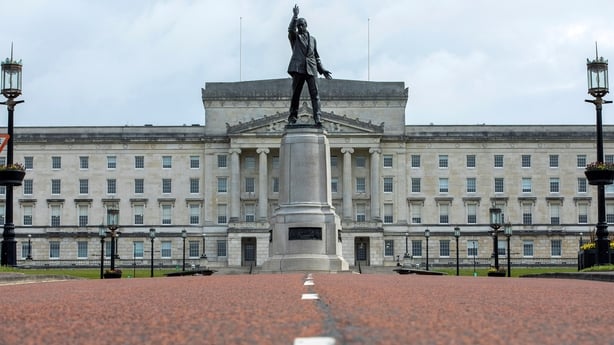
In terms of the health service, Prof Heenan said that if it is to be reformed then an ambitious ten-year plan with targets, timescales and funding is needed.
She recommends the appointment of an independent body of three commissioners to oversee and implement transformation “at arm’s length from politicians”.
She said: “Change has been at a glacial pace and fragmented. This vision would allow people to see changes in a wider context of better outcomes, economies of scale and accountability.
“If we keep doing the same thing, we get the same outcome. The sticking plaster approach is no longer acceptable.”
A complete change of working culture is needed in a restored Stormont, according to Pivotal.
“Any new Executive needs to work with genuine common purpose and collective responsibility.”
Many people in Enniskillen put it quite simply, “they need to work together”.

